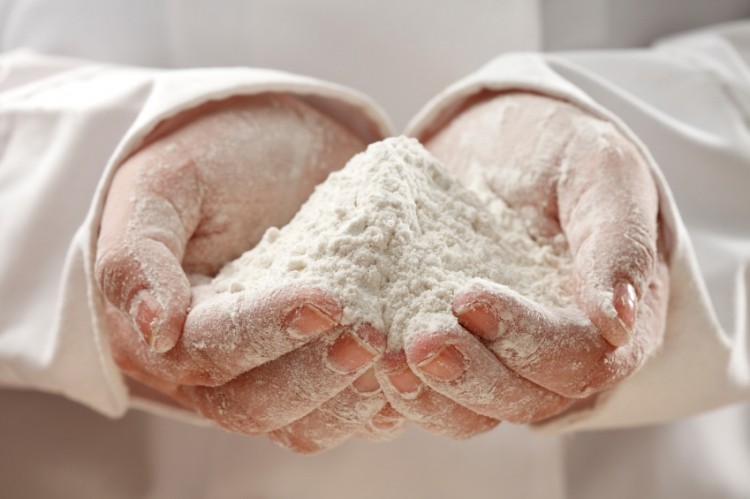MILLING & GRAINS FOCUS
On-site pilot mill means more accurate, faster flour analysis, says Mühlenchemie

“In the past we were not able to process wheat samples from our customers in our lab so we had to use a local milling school or ask our customers to send the flour. This always delayed analysis,” said Dr. Lutz Popper, head of research and development (R&D) at Mühlenchemie.
“We wanted to accelerate our service,” Popper told BakeryandSnacks.com.
Individual wheat defect analysis
In addition, Mühlenchemie is now able to analyze flour from individual wheat varieties or lots because of the capability to grind on-site in the pilot mill, he said.
This means defective wheat varieties or lots, which could have previously been hidden in grift flour, can be better identified, he added.
Flour treatments can then be offered accordingly, Popper said.
“In some cases, wheat does not behave as it should – although analyzed properties are okay, the baking properties are not. You have to dig a little deeper,” he said.
“It’s not about the milling properties, it’s about the baking properties which is important because bakers expect a certain quality,” he added.
Gluten, protein damage
Sprout and moisture damage are some of the severe damages that can be found in wheat grains, Popper said.
With early sprouting the enzyme content of the kernels get transferred to the flour which can impact baking and with excessive moisture the protein content gets damaged, he said.
Defects due to fertilization and growth conditions can also impact the gluten content and gluten properties of the wheat and impacting baking, he added.
“The gluten can be short and strong therefore not extendable and difficult to get volume and expand or it can be very soft and weak so the dough is not stable or tolerant towards mixing and processing,” Popper said.
Global target
Mühlenchemie is not targeting large European millers as many already have pilot mills and baking laboratories, he said, given the huge level of mergers in industry recently.
“Only smaller European millers would require the service. But globally too, many mills don’t have the useful and necessary testing equipment. They have basic flour testing equipment, but more is needed to get a comprehensive analysis of the wheat and flour,” he said.


















